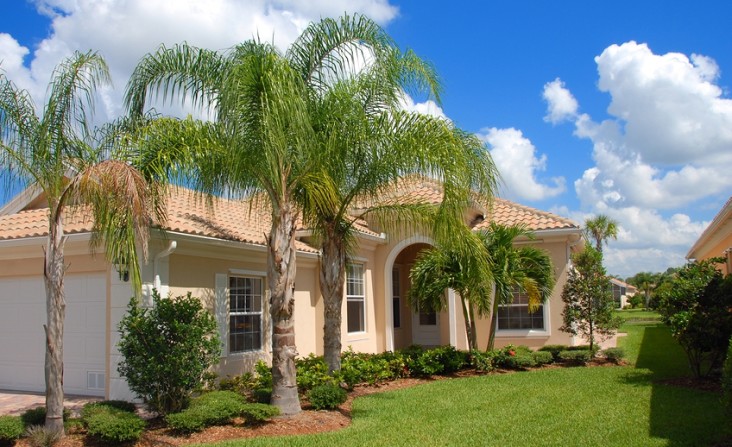When protecting their property and its valuables, many homeowners seek insurance for potential destruction due to fire, burglary, and natural disaster. But depending upon the location of your home, it’s important to consider the extent of your coverage and whether or not it safeguards your possessions from the effects of unexpected water damage. Living in a designated flood zone poses a serious risk to your structure, and your basic homeowner’s policy most likely has gaps that will cause great financial hardship if you experience a water-related disaster. Renters should also educate themselves about the benefits of a flood policy, as their possessions may be at risk.
Many unsuspecting homeowners are astounded when they realize the financial damage just an inch of water can cause in their homes. Whether on the coast, near a frequently rising river, or an area where snow melt invades their property, people seek flood insurance to cover their belongings in the event of any water-related catastrophe. Living in moderate to severe risk locations, policyholders have peace of mind knowing they can recover costs to rebuild their home to its original condition. For owners and renters, it’s also crucial that they recuperate partial to full value of their possessions.
A number of private insurance providers offer separate flood insurance to complement your existing policy. You can also inquire about affordable coverage with FEMA and its National Flood Insurance Program. Their policy insures your structure for up to $250,000 and its contents for up to $100,000. In many flood insurance plans, reimbursement for actual versus replacement cost varies, so you should investigate your options before committing to an agreement.
For many people, their homes are the most valuable assets they’re vulnerable to lose in the event of a natural disaster. But depending upon your specific concerns and property, it’s smart to consider the restrictions placed upon most flood insurance policies. Many insurers will not reimburse damages done to cars, outside landscaping, swimming pools, or patios. There are also limitations to the structure itself, as companies reject claims related to basements or underground crawl spaces. Despite these rules, the benefits of flood coverage outweigh the negative. When an extreme water event strikes, you’ll be reimbursed for your home and its foundation, major appliances, furniture, electrical and other utility work, and the cost to haul away your damaged property.
When moving to a new geographical location, remember that homes in specific flood zones require flood insurance as a condition of your securing a loan. For homeowners looking to outfit their regular policies with optional added protection, be careful about timing when you apply for insurance. If an emergency flood warning takes effect in your area, it may be too late considering most companies’ 30-day grace period. Finally, if you’re worried about the hefty cost of additional coverage, an experienced insurance agent can educate you about the limited to extensive policies available to insure your home for flood damage. You can negotiate deductibles, perform cost-saving home improvements, or invest in restricted coverage if it means protecting your home and family from an unexpected tragedy.

